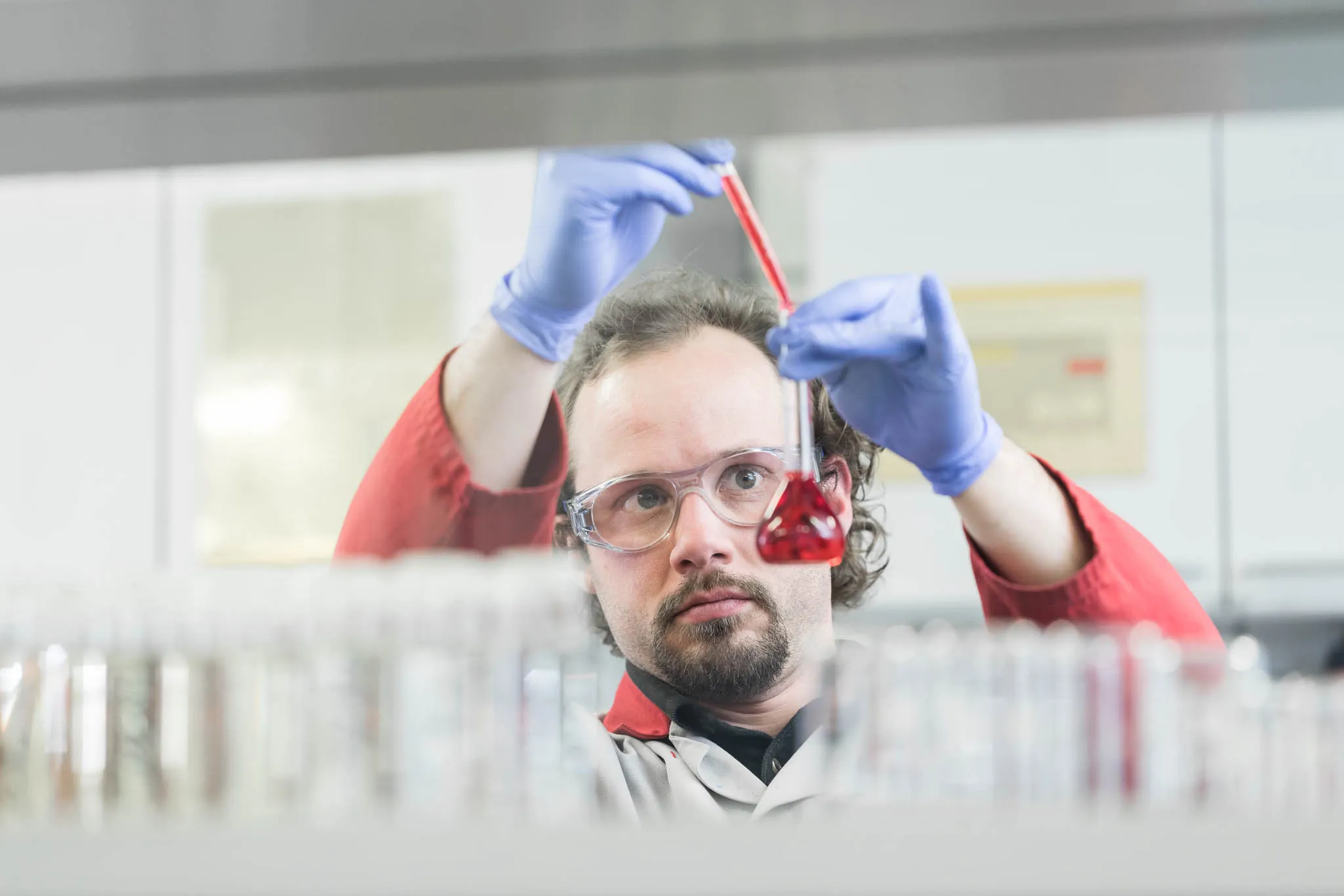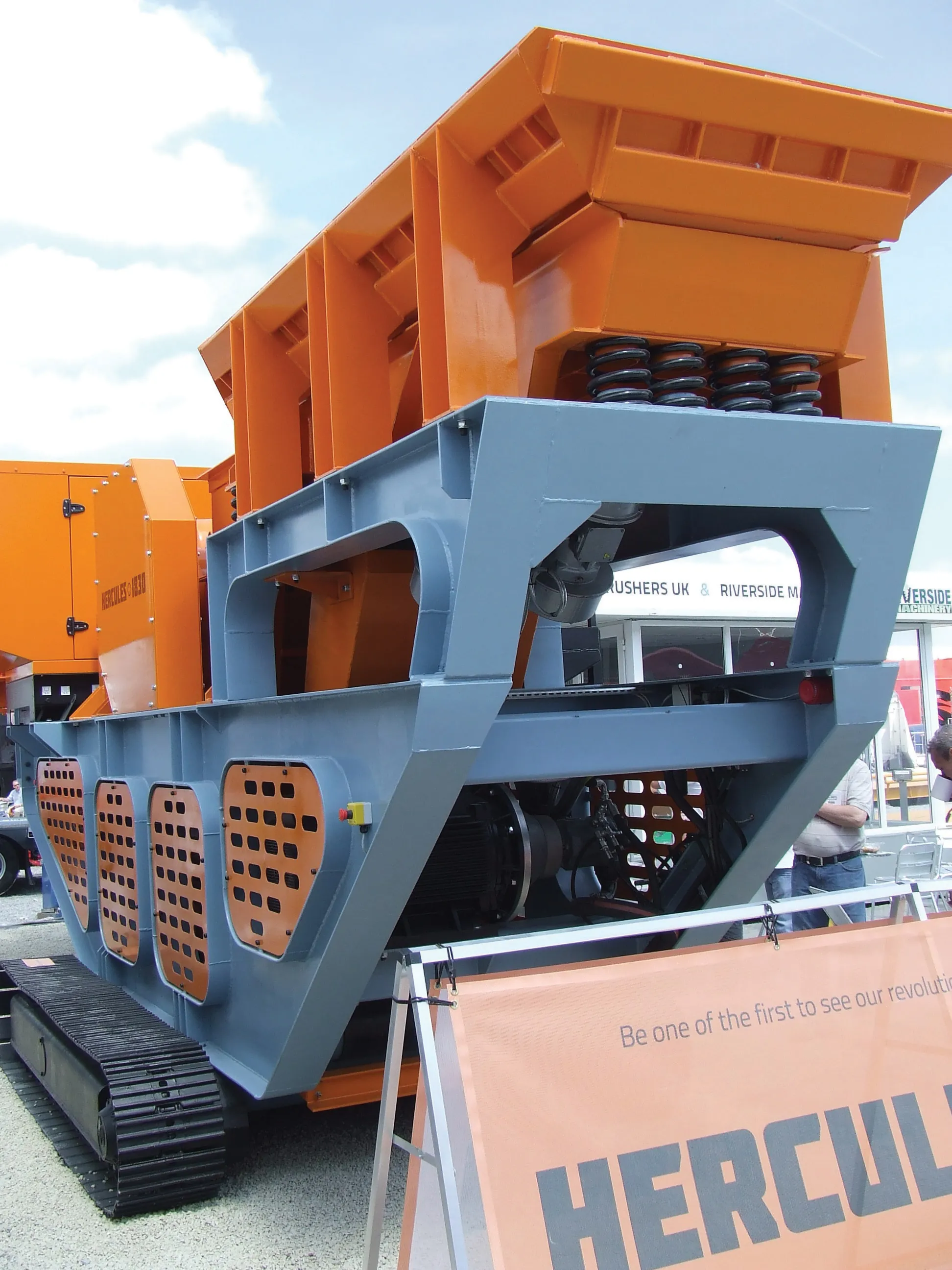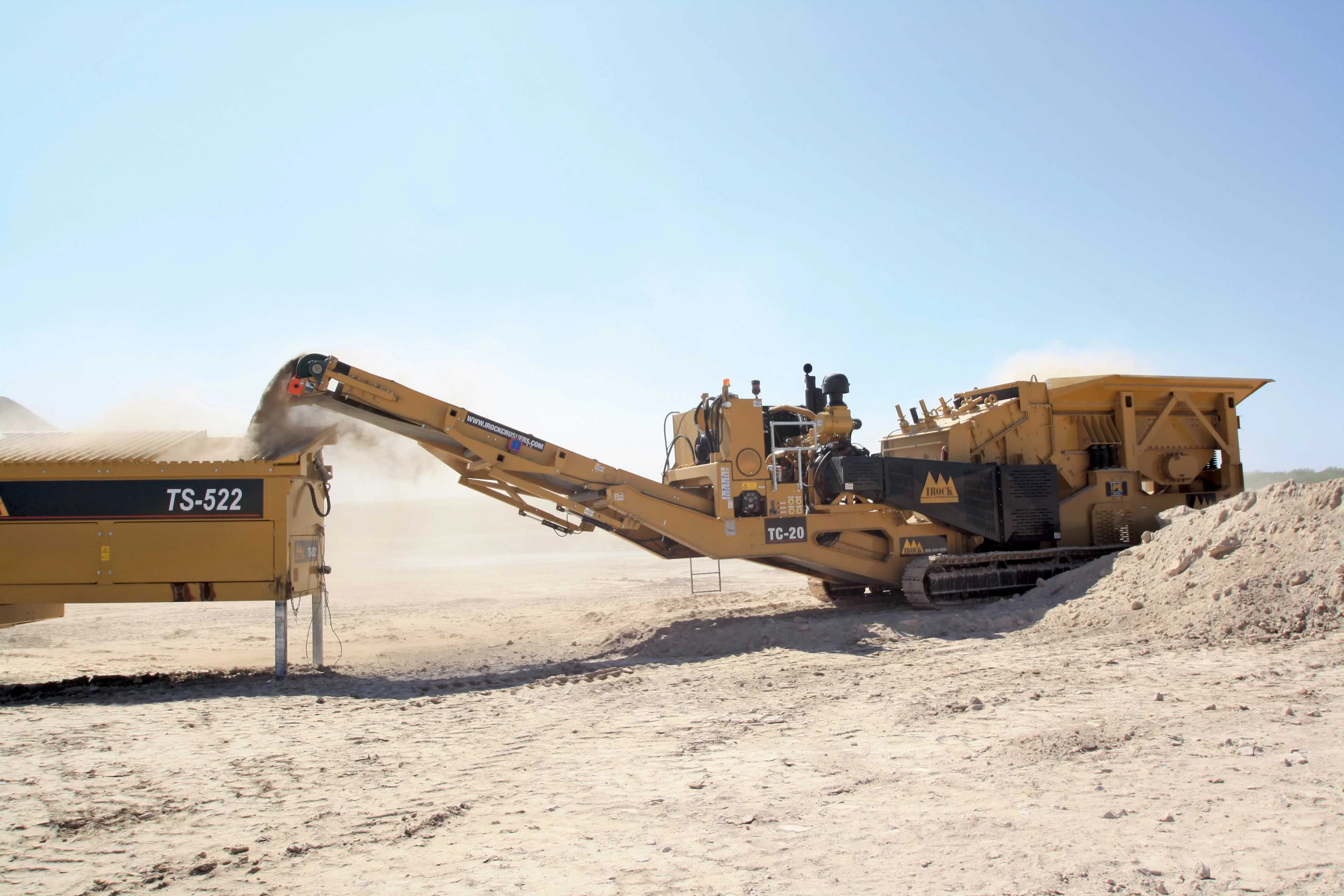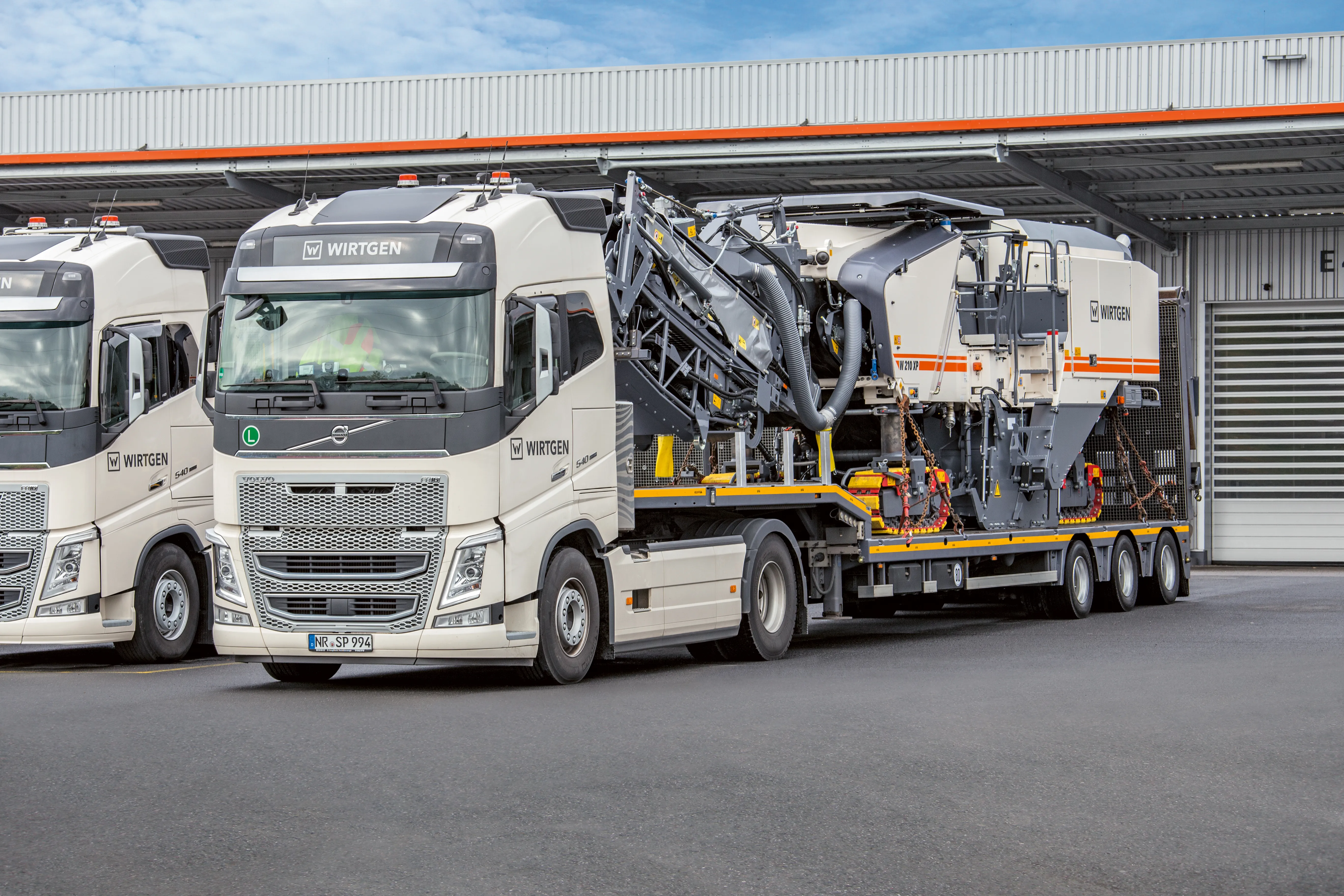
The diesel runs at a speed that ensures efficiency and recharges the electric system constantly. The electric drive operates only when needed to deliver maximum output. This way the machine can use the stored electrical power and do away with the need for a larger and more costly diesel, which would also use more fuel. As the engine is rated at less than 56kW, it also has a more simplified emissions package, further lowering its long term maintenance costs. Although the cost of the hybrid system may be greater than the more powerful engine that would normally be needed in this class of equipment, the lower running costs will justify the initial outlay over the medium term.
The package uses proven technology and the battery for example comes from BMW’s i3 electric car, as Torqeedo has a partnership with the automotive firm.









